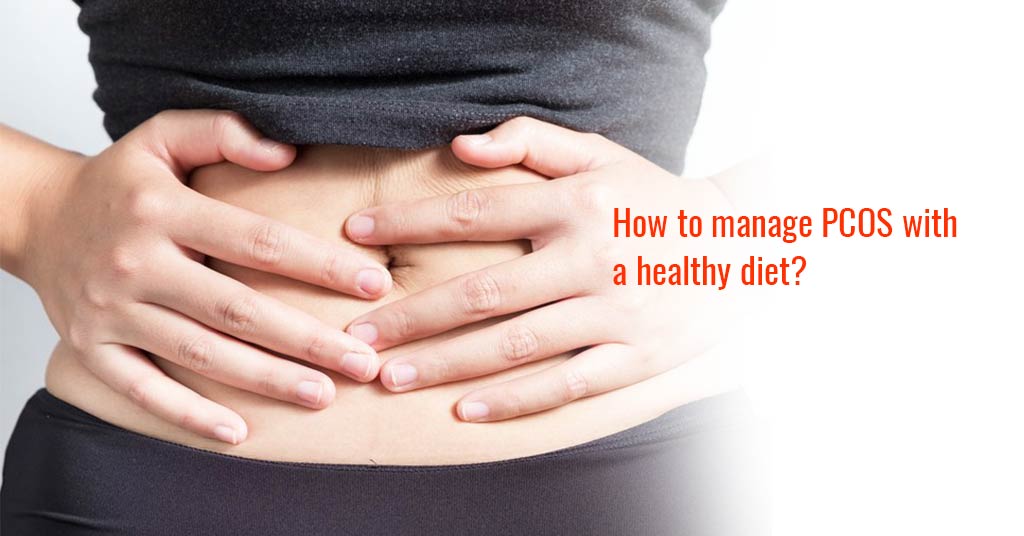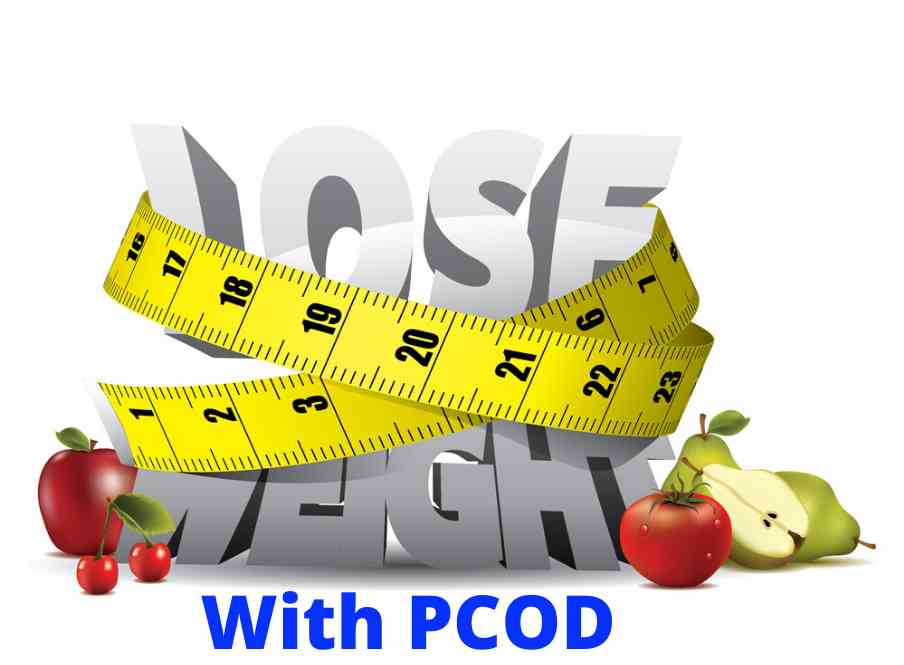Polycystic Ovary Syndrome (PCOS) is a disorder of the endocrine system in women that causes the formation of small follicles on the ovaries, disrupting their functioning.
Causes
The exact factors of PCOS are unknown but here are its probable causes:
-
Excess production of insulin: Your pancreas produces the hormone, insulin to help cells use sugar, which supplies primary energy to your body. Insulin resistance can trigger the hypersecretion of insulin and raise blood sugar levels. It may affect ovulation and raise androgen production.
-
Low-grade inflammation: It refers to your lymphocytes’ production of substances that fight infection. Research has found low-grade inflammation in women having PCOS which stimulates androgen production by polycystic ovaries, causing blood vessel and heart problems.
-
Excess production of androgen: Excess androgen production causes acne and hirsutism.
-
Heredity factors: Research has found a link between certain genes and PCOS.
-
Risk Factors
The following factors may increase your risk of having PCOS:
-
Genetics: If your mother or sister has PCOS, you’re more prone to develop the syndrome.
-
Insulin resistance: Insulin resistance causes hypersecretion of insulin by the pancreas to meet your body’s glucose requirements. It triggers excess androgen production, affecting your ovulation. Changes in your utero: Scientists saw that pregnant women with PCOS had more AMH than those without PCOS. They explored it by giving AMH to pregnant mice whose fetuses showed PCOS-like changes. However, since it’s an animal study, more research is required.
-
Stress: Amy Medling, certified health coach and founder of ‘PCOS Diva’, notes that stress can cause chronic inflammation, that may directly show PCOS symptoms, like infertility, acne, and weight gain.
-
Weight gain: It causes menstrual irregularity, which is a symptom of PCOS.
-
Sleep apnea: Sleep apnea increases insulin resistance and glucose intolerance, notes Dr. Ehrmann. It can worsen the complications of PCOS, like type 2 diabetes.
Symptoms
PCOS symptoms may develop around your first menstruation in puberty, or later, due to some cause. At least two of the following symptoms requires a diagnosis:
-
Menstrual irregularity: Irregular, infrequent, or prolonged periods are the most usual symptoms.
-
Polycystic ovaries: Your ovaries may get enlarged and develop small follicles (collections of fluid). So, they fail to release eggs regularly.
-
Hirsutism, acne, and obesity: Increased levels of androgen (male hormone) may cause excess hair growth on the face and body (hirsutism), severe acne, obesity, and sometimes, baldness in male-pattern.
-
These symptoms typically intensify if you have obese.
Treatment
PCOS treatment aims to address PCOS symptoms. Specific treatment may require medication or lifestyle changes.
Your doctor might recommend a low-calorie diet and moderate exercises to lose weight. Weight loss can also higher the potency of your medications for PCOS and help you deal with infertility.
Your doctor may prescribe the following to help your menstrual regularity:
-
Monthly progestin therapy: Taking progestin for about 2 weeks on a monthly or bimonthly basis can regulate your menstrual cycles and prevent endometrial cancer. It also prevents an increase in androgen levels and doesn’t impede pregnancy. Go for the progestin-containing IUD (Intrauterine Device) or progestin-only mini-pill to avoid pregnancy.
-
Combination birth control pills: These are oral contraceptive pills containing both progestin and estrogen. They regulate estrogen and reduce androgen production. This can prevent endometrial cancer and reduce abnormal bleeding, acne, and hirsutism. You can also use a vaginal ring or skin patch containing a combination of progestin and estrogen.
Your doctor may prescribe the following to help your ovulation:
-
Metformin (Fortamet, Glucophage, and others): It’s an oral medication to cure type 2 diabetes. It reduces your insulin levels by enhancing insulin resistance. Your doctor may recommend you to add metformin if clomiphene doesn’t help you with pregnancy. If you’re prediabetic, metformin slows down your advancement to type 2 diabetes and helps you lose weight.
-
Clomiphene (Clomid): It’s an oral anti-estrogen medication taken during the primary phase of your menstruation.
-
Gonadotropins: These are hormone medications administered by injection.
-
Letrozole (Femara): It’s a breast cancer treatment that helps stimulate your ovaries. Your doctor may prescribe the following to prevent excess hair growth:
-
Spironolactone (Aldactone): It’s a medication used to prevent androgen’s effect on your skin. As it may cause a birth defect, effective contraception is needed during this medication. It isn’t recommendable in pregnancy.
-
Birth control pills: They reduce androgen production which can cause hirsutism.
-
Electrolysis: It involves inserting a tiny needle into your hair follicles to destroy them with an impulse of electric current. You might require multiple treatments.
-
Eflornithine (Vaniqa): This cream is used to slow the growth of facial hair in women.
-
Surgical operations involve oophorectomy (ovary removal), ovarian drilling (to reduce androgen production), cyst aspiration (fluid removal from cyst), and hysterectomy (uterus removal).
Conclusion
Though PCOS has unclear causes, its symptoms and complication risks can be treated by early diagnosis. If you have symptoms of PCOS, consult a doctor immediately.







